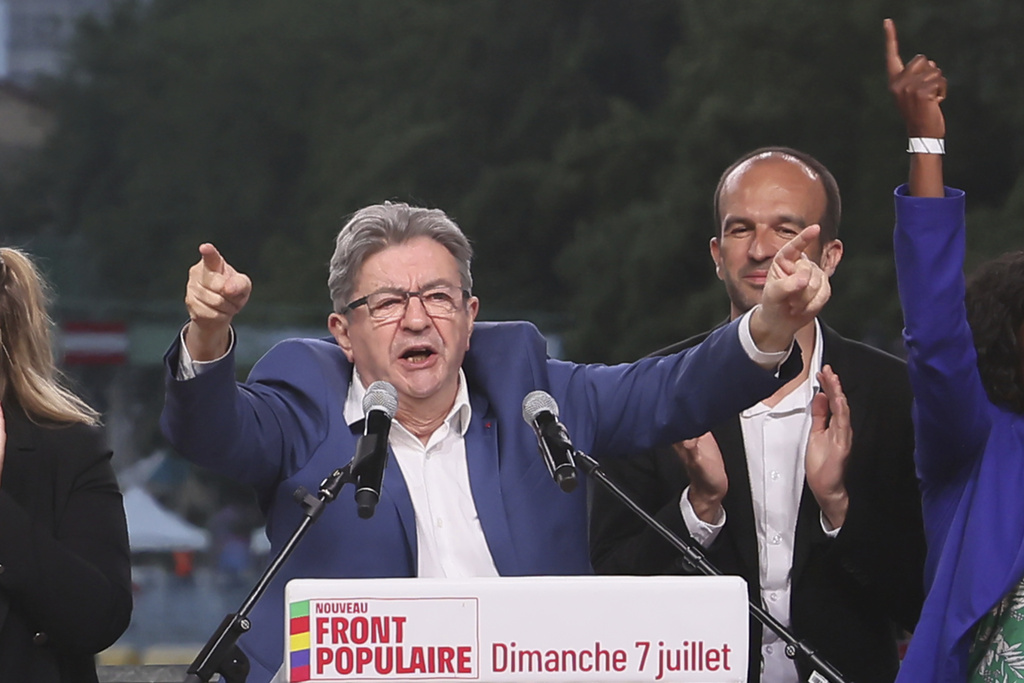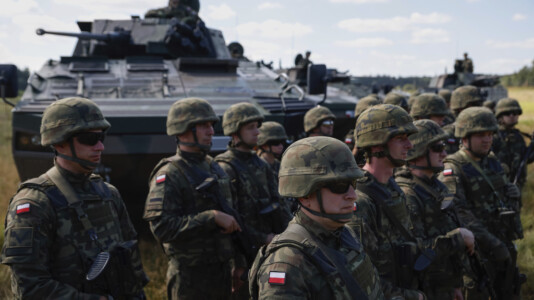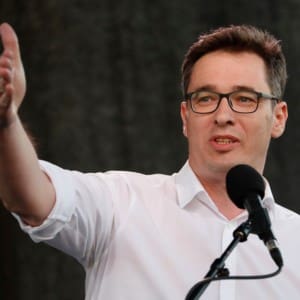Professor Przemysław Żurawski vel Grajewski, a political scientist and advisor to Polish President Andrzej Duda, expressed serious concerns about the results of the French parliamentary elections, citing the pro-Russian inclinations of the winning coalition as a significant threat.
The New Popular Front, a left-wing alliance including the Socialist Party, the Greens, the French Communist Party, and Jean-Luc Mélenchon’s France Unbowed (LFI ), emerged victorious. This coalition will now join forces with President Emmanuel Macron’s party.
Professor Żurawski vel Grajewski suggested to Polish news outlet wPolityce.pl that Macron’s strategy to allow Marine Le Pen a role in parliament was intended to politically exhaust her party before the next presidential election.
“Macron’s main idea was to allow Le Pen into parliament, exhausting her party before the next presidential election. But this has backfired, weakening the left-liberal camp instead,” said Żurawski vel Grajewski.
The professor criticized Macron’s recent rhetoric advocating for military support to Ukraine as ultimately empty, indicating no real shift in France’s stance against Russia.
“The results of the elections in France are concerning precisely because of the pro-Russian stance of their winner. Macron’s rhetoric, which in recent months has called for sending troops to Ukraine, turned out to be empty words. It is hard to assume that the president of France was so naive as to believe that he would get NATO’s support for this idea. He proposed it only because he knew such a plan would be scuttled,” Żurawski vel Grajewski explained.
With the new parliamentary backdrop, there may be a rejuvenation of pro-Russian sentiment, which poses a significant risk to not just France’s but also Europe’s stability.
He highlighted the potential increase in Russian influence in France, stating, “Mélenchon, a deeply pro-Russian and communist politician, represents a dangerous shift. The long-built narrative of stopping the ‘Putinists’ has crumbled.”
Mélenchon has even hinted at withdrawing from NATO, a statement with implications that remain uncertain as the new government takes shape.
Looking ahead, Professor Żurawski vel Grajewski remains pessimistic about the influence of France and Germany on the ongoing conflict in Ukraine, suggesting that both countries, regardless of their public postures, subtly lean towards Russia. He concludes by reflecting on the internal challenges within France, including immigration and the threat of Islamist extremism, which the new government is unlikely to address effectively, potentially leading to increased social unrest ahead of the next presidential elections.
“We are facing an anti-Atlantic force, hostile to NATO and very open to cooperation with Russia,” he warned.






